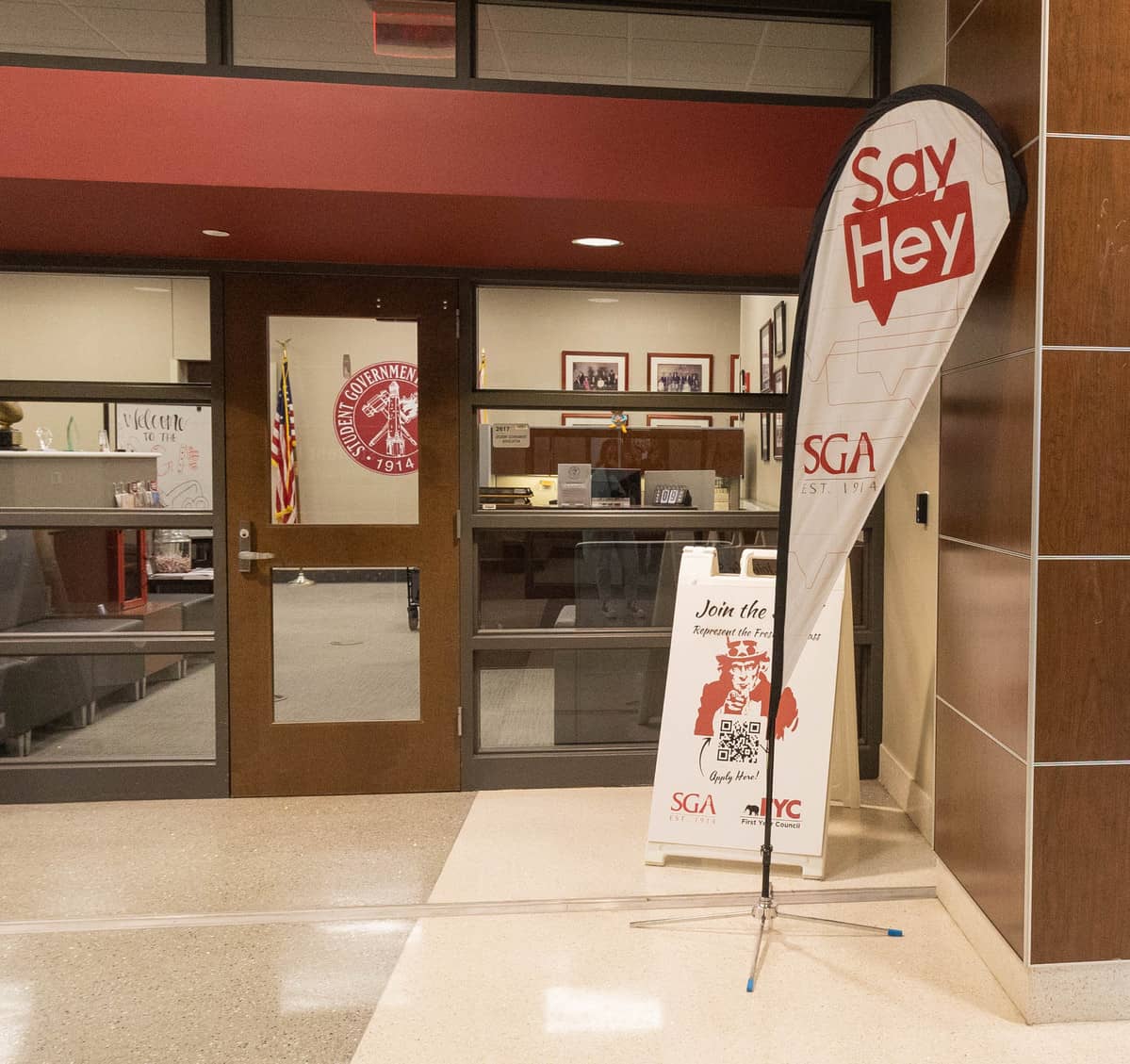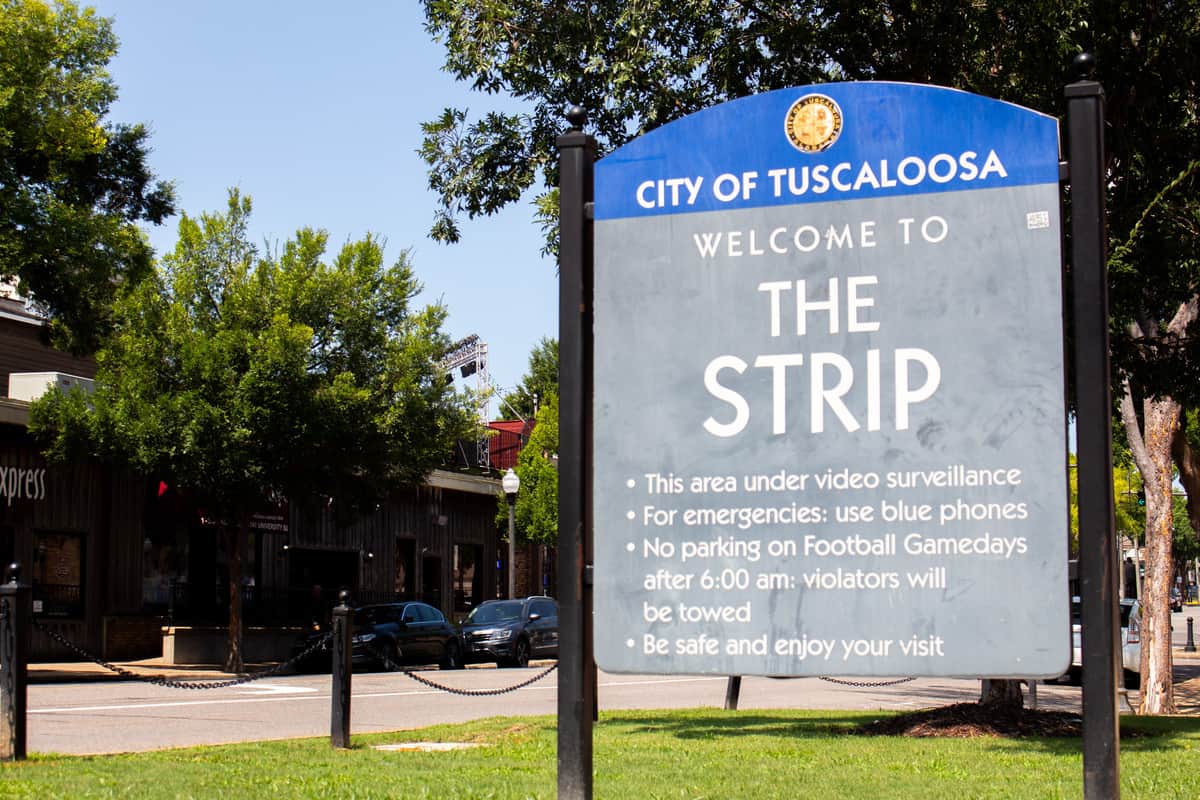Approximately 3.7 percent of students at The University of Alabama have registered with the Office of Disability Services, according to the University’s fall enrollment numbers.
UA students Mina Lubel and Chelsea Thrash are just two of the more than 1,000 students who use services offered by ODS to ensure they have the opportunity to succeed at the Capstone.
Lubel, a junior, said she has been suffering from intense pain in both knees for about eight years. She said her injuries occurred after playing catcher in softball for five years.
“My doctor likes to say I’m 85 years old in my left knee and I am 65 in my right knee,” Lubel said.
She said her condition creates challenges every day and walking to class is often the hardest part of her daily routine. Lubel said changes in the weather frequently make her knees hurt, and that makes getting from building to building painful.
Lubel is not the only student who suffers from arthritis. Thrash, a senior, said she was diagnosed with psoriatic arthritis when she was 19. While it is generally a genetic condition, the seven years of volleyball she played contributed to the damage, she said.
Thrash was also injured in the April 27, 2011 tornado and suffered injuries that required her to have a spinal fusion.
“I no longer have pain related to that injury, but I am limited in the amount of exercise or walking around I can do now,” Thrash said. “I also walk with a slight limp because of it.”
She said there are many physical and emotional difficulties she deals with as a student with a disability, but the most difficult is the stigma associated with being handicapped in some way.
“Many people picture handicap in one set framework, when in reality it encompasses more [areas] than most think,” Thrash said.
Judy Thorpe, director of ODS, said the University does its best to accommodate students who have special circumstances. She said accommodations are made on a case-by-case basis but commonly use services such as alternate testing formats or lengthened testing times, books in alternative formats, note takers, real-time transcriptions of material normally presented orally and captioned videos.
Thorpe said while the University is willing to make accommodations for students who need it, an issue often arises because students ignore their own needs, in fear that registering with ODS will detract from their ability to interact normally in social circles.
“Students with disabilities may be met with skepticism about whether or not their disabilities are real since the disabilities aren’t [always] completely obvious,” Thorpe said.
Thorpe said parking services offers passes that allow students with disabilities to park anywhere on campus, as well as authorization to park in handicap spots, as long as the necessary paperwork is on record. Both Lubel and Thrash said a big problem for them is the accessibility of these parking spots. Thrash said some areas of campus seem to be more accessible than others.
“I also see many students parking in and leaving handicap spots who do not have a placard,” Thrash said.
Lubel said she has a universal parking pass and a handicap tag that allows her to park anywhere on campus, but she often can’t find parking spots near her classes.
“With all the recent roadblocks and changes to parking, I’m finding it hard to get places when I’m in pain and sometimes no one is able to help me,” Lubel said.
Lubel and Thrash both said they think the university does a good job working with students to make the college experience as normal as possible. Thorpe said the University has done a lot to maintain a sense of family and community for all students.
“I think UA, from the upper administration on down, promotes a culture of belonging,” Thorpe said. “The UA disability sports program has done so much to promote inclusion and to show that a disability is just a characteristic and not the defining characteristic of people with disabilities.”
Thrash said she wants people to realize that her disability is just one part of who she is, and it has helped her strive to succeed.
“We are not less of a person because we do things differently, if anything, we face more adversity than most people,” Thrash said.
If you or someone you know needs assistance from the ODS, visit the website at ods.ua.edu.






